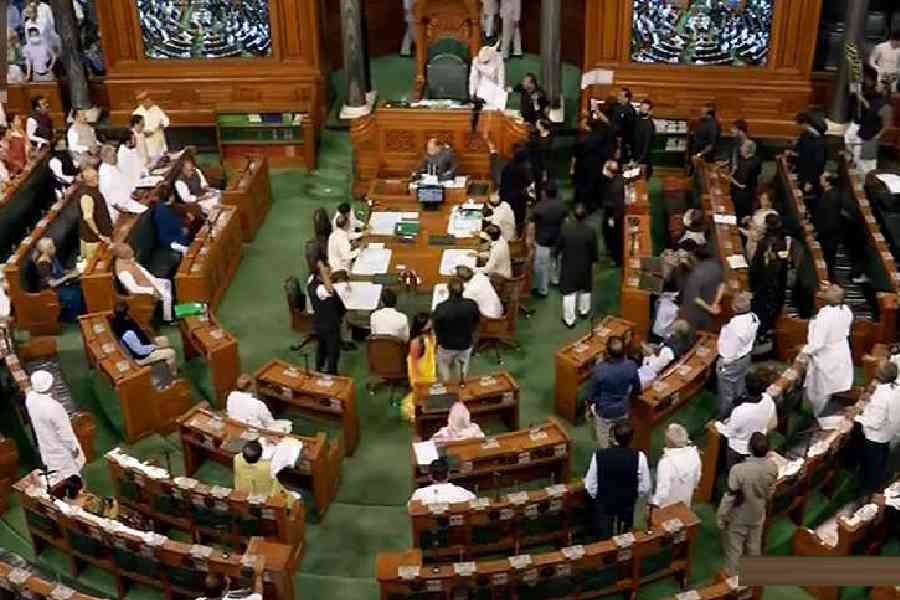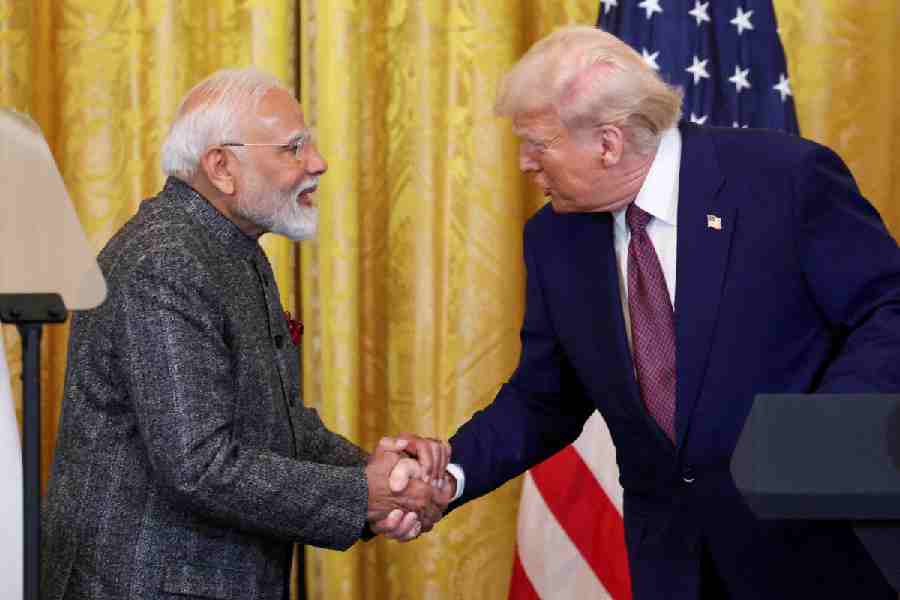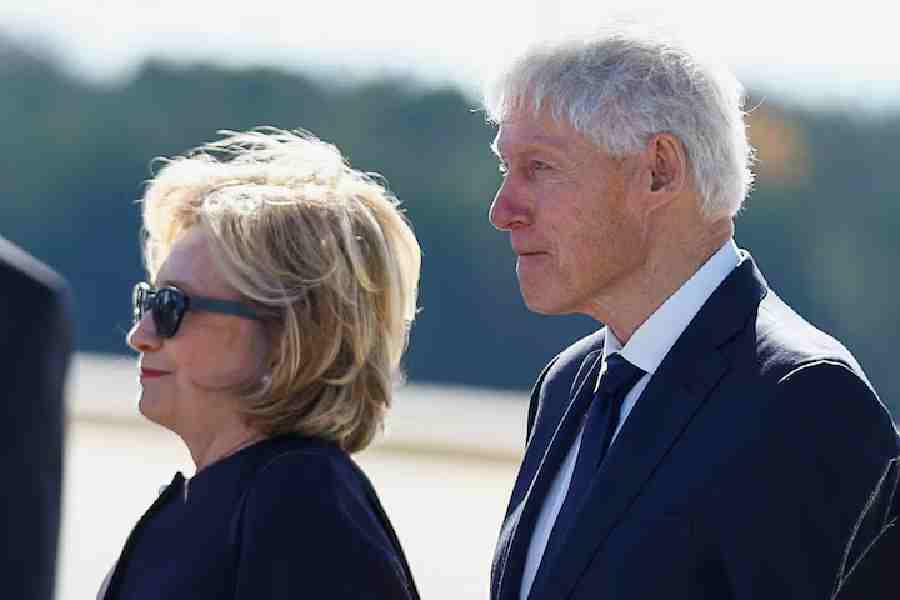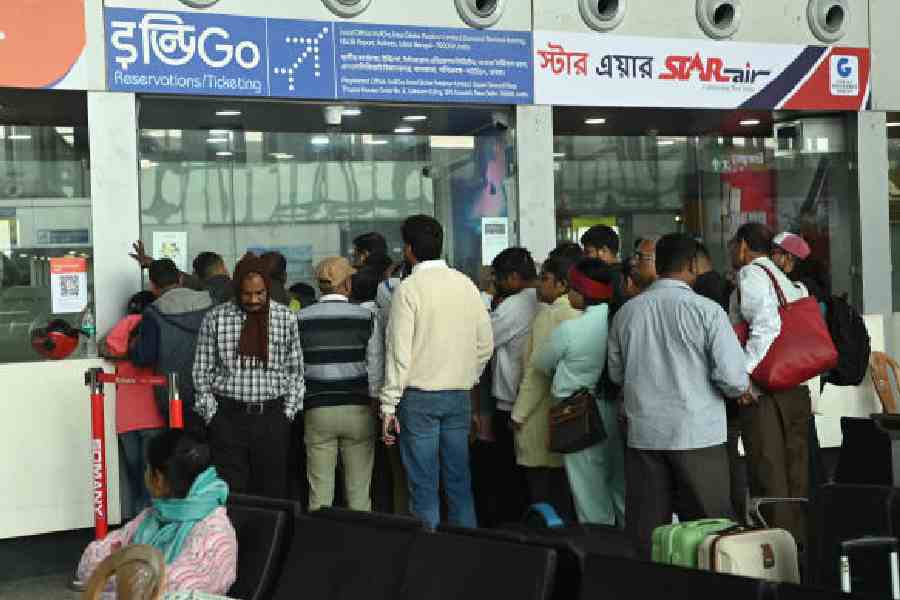The former British prime minister, Boris Johnson, resigned from the House of Commons after a parliamentary enquiry concluded that he had lied to legislators about parties he had attended in contravention of Covid-19 lockdown restrictions. His resignation serves as a reminder of just how poorly India, the world’s largest democracy — indeed, the mother of democracy according to Prime Minister Narendra Modi — fares when it comes to a fundamental principle: lies on the floor of the House are unacceptable and must come with consequences. It is a concept that is embedded in the architecture of Indian democracy too. Members of parliament can bring privilege motions against other MPs if they believe these legislators have lied to or misled the legislature. The idea is simple: parliamentarians enjoy a host of special privileges that, among other things, shield them from prosecution for acts committed inside the House. Privilege motions are aimed at holding them accountable for how they use those extraordinary exemptions, especially as they are representatives of the people on whose behalf they are expected to speak.
Yet in practice, this is a principle that is routinely violated. In November 2019, the then Union tourism minister, Prahlad Singh Patel, told Parliament that the revocation of Article 370 had not impacted tourism in Jammu and Kashmir. But a request under the Right to Information Act showed that the minister had actually received data from officials in Kashmir clearly demonstrating the decline in tourism, thereby sparking suggestions that he deliberately misled Parliament. In 2019, the Union home minister, Amit Shah, told Parliament about plans for a controversial pan-India National Register of Citizens. Weeks later, Mr Modi said his government has never discussed such a nationwide project. Either Mr Modi or Mr Shah was being economical with the truth. To be clear, not all allegations of deliberately lying or misleading will hold up against the scrutiny of a proper investigation. What is worrying is the absence of a transparent, independent probe into whether MPs might have misled Parliament. India is not alone in this: in the Congress of the United States of America, unfounded conspiracy theories are commonly voiced. In a week when the leaders of India and the US are meeting, both could draw a rare lesson from Britain, the democracy their nations once fought against.










